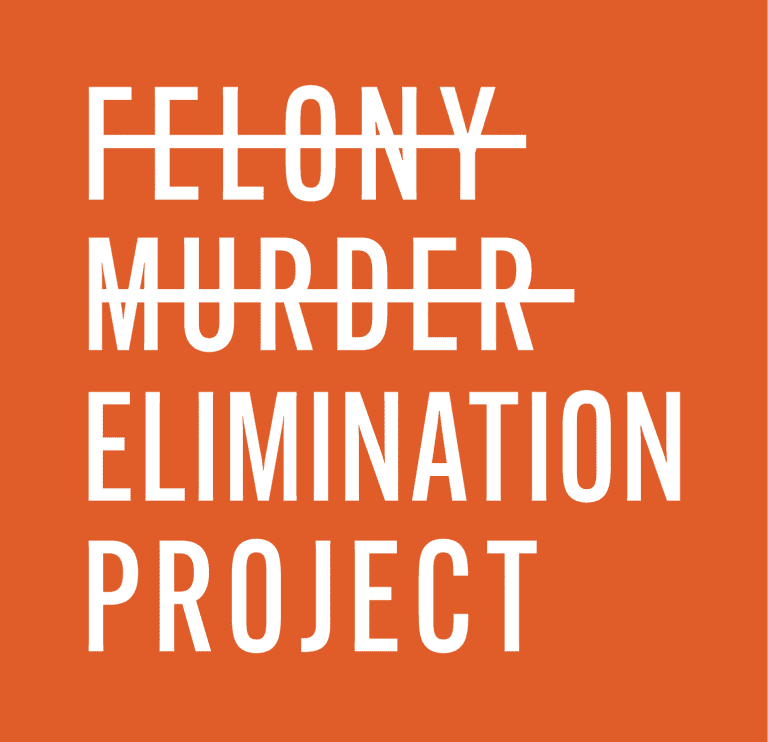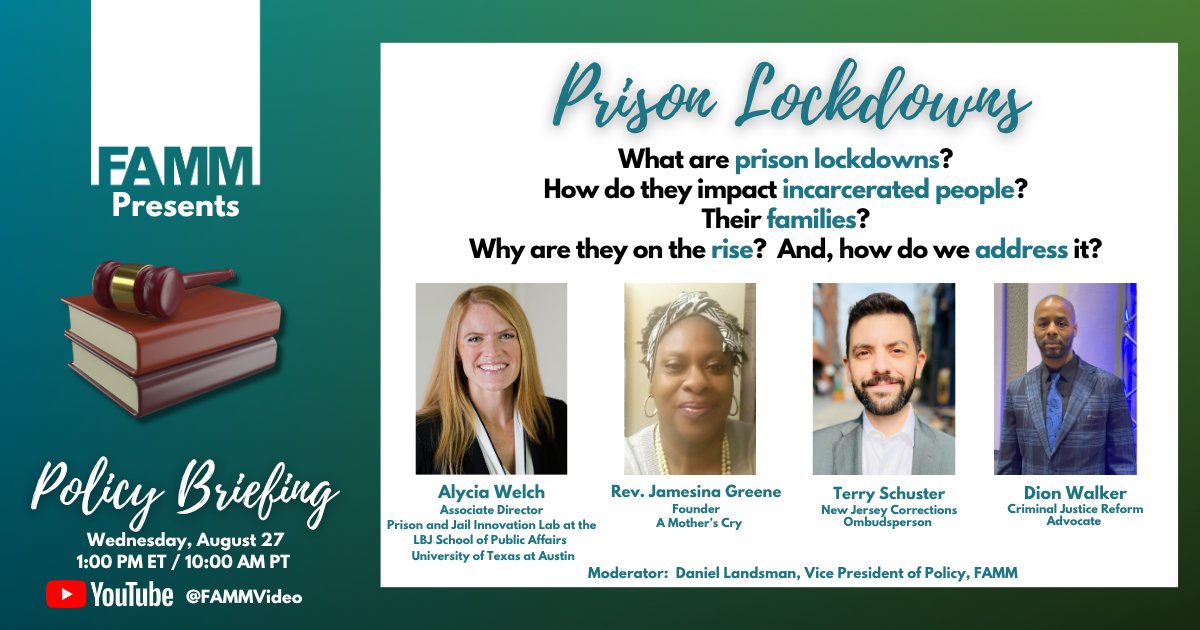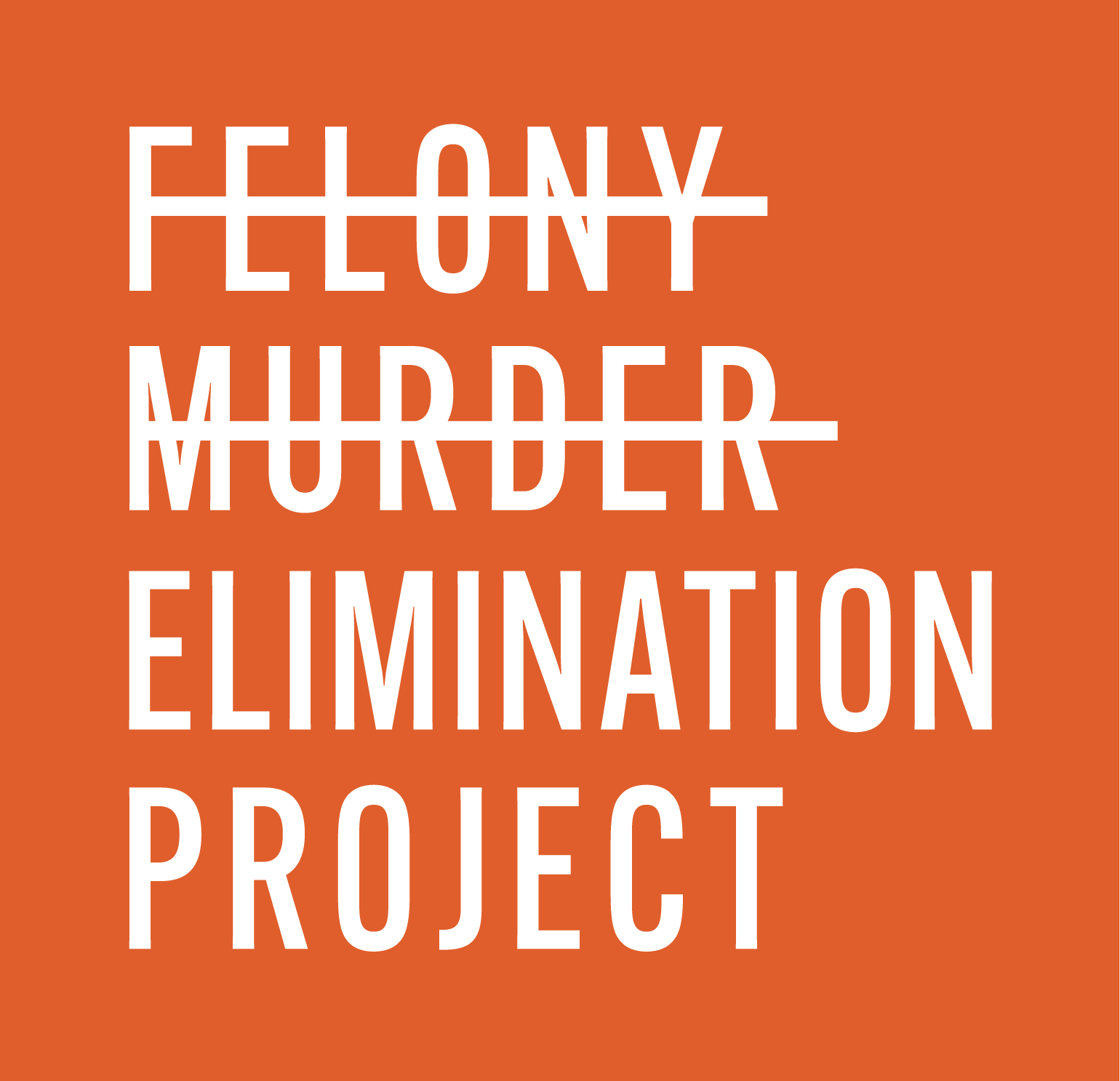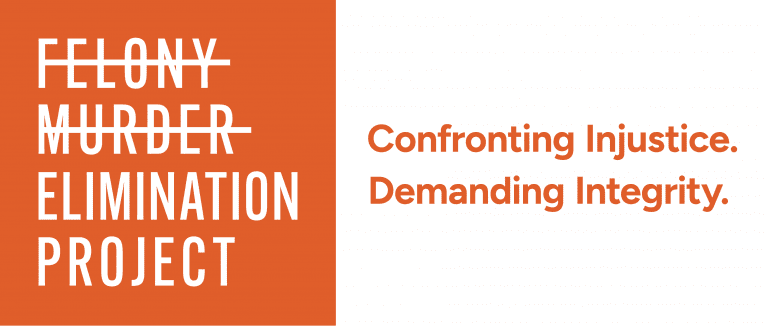What are prison lockdowns?
Across the United States, state prison systems are grappling with chronic understaffing and overcrowding, dual crises that are keeping incarcerated people confined to their cells for far longer periods than in recent decades, and almost entirely attributed to America’s ongoing and deeply flawed reliance on mass incarceration.
Lockdowns are common in jails and prisons nationwide, but most usually last only a few hours or days. During lockdowns, access to rehabilitative classes, religious activities, work and visitation are limited or suspended altogether. Incarcerated people on lockdown can lose their usual routines, which may include exercise, calls to loved ones and other structured activities. Meals are eaten inside cells, further isolating them.
Recently, lockdowns are extended for weeks or even months at many facilities suffering staff shortages. “What’s unusual here is that you’ve got these more sustained lockdowns,” Michele Deitch, the director of the Prison and Jail Innovation Lab at the University of Texas at Austin, told Stateline. part of States Newsroom, the United States’ largest state-focused nonprofit news organization. “People are not in that situation because of disciplinary reasons. They’re in there for the convenience and management of the institution.”
Prisons in many states have implemented prolonged lockdowns. In some cases they have intensified tensions within prison walls, at times contributing to violence between incarcerated people and staff, increased drug use and deaths by suicide. An investigation by the nonprofit news outlet Truthout found that at least 33 state prison systems had placed incarcerated adults under non-disciplinary lockdowns at least once, and often repeatedly or for extended periods, between 2016 and 2023.
Despite extended lockdowns and mounting pressure to fill vacancies and manage growing prison populations, most states neither report nor are legally required to disclose the frequency of lockdowns or what types of incidents occur during them, according to some prison policy experts. “Lockdowns are one of those things that just fly under the radar,” Deitch, of the Prison and Jail Innovation Lab, told Stateline. “We’re underestimating the number of people that are affected by these kinds of policies.”
FAMM (Families Against Mandatory Minimums) Foundation, as part of its Policy Briefing panel series, will discuss the topic of prison lockdowns at their event on Wednesday, August 27, 2025 1pm-2pm ET (10a-11a PT).
Covered during the session:
- What are prison lockdowns?
- How do they impact incarcerated people and their families?
- Why are they on the rise?
- How do researchers and reform advocates address it?
Expected Panelists:
- Terry Schuster – New Jersey Corrections Ombudsperson
- Dion Walker – Criminal Justice Reform Advocate
- Rev. Jamesina Greene – Founder, A Mother’s Cry, a Maryland-based nonprofit organization dedicated to supporting mothers with incarcerated children nationwide.
- Alycia Welch – Associate Director, Prison and Jail Innovation Lab at the LBJ School of Public Affairs, University of Texas at Austin.
RSVP here —>>> FAMM Policy Briefing: Lockdowns (Link to meeting included in the confirmation email)
FAMM Foundation is a non-profit organization that aims to create a more fair and effective justice system that respects our American values of individual accountability and dignity while keeping our communities safe.



